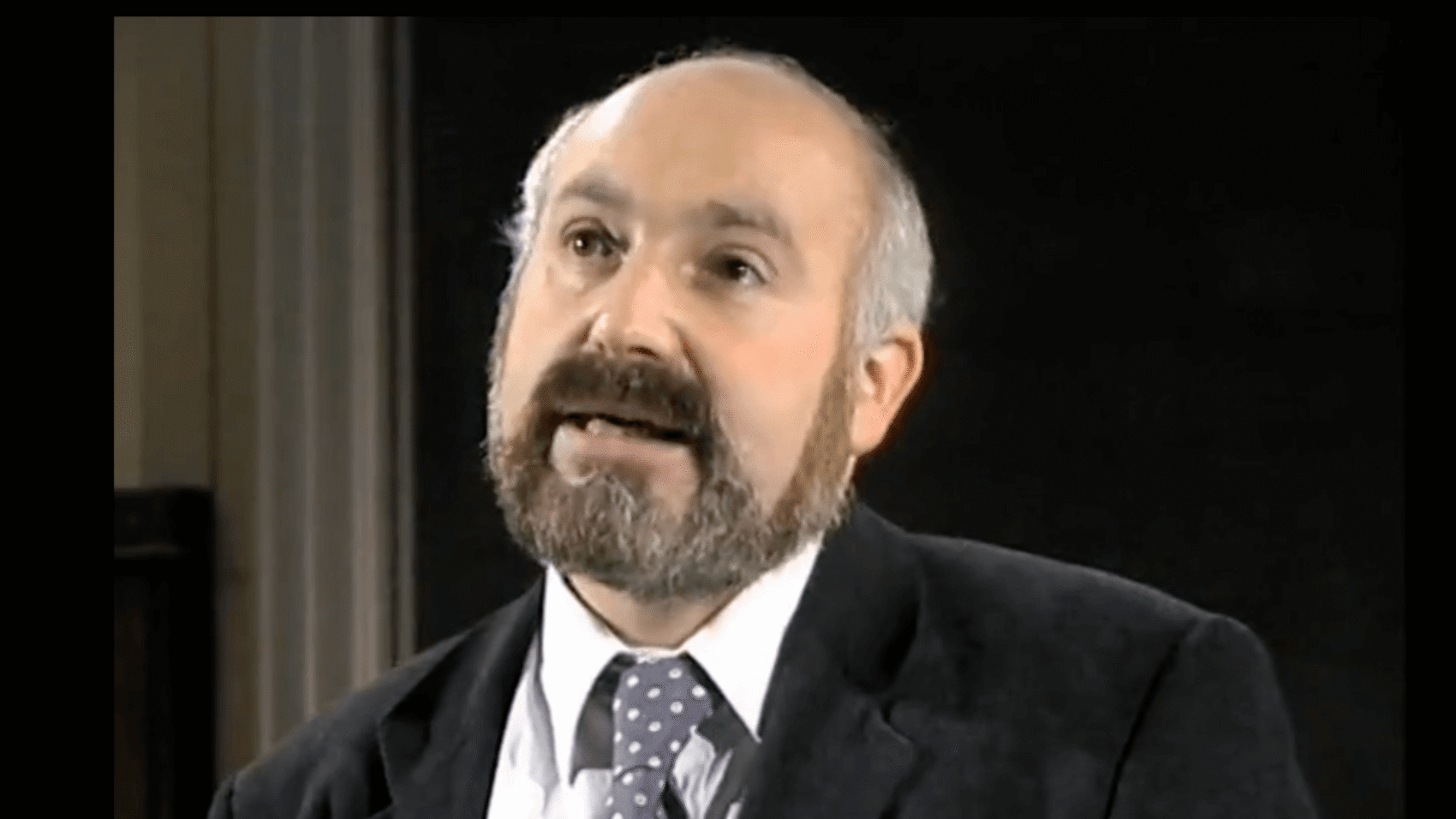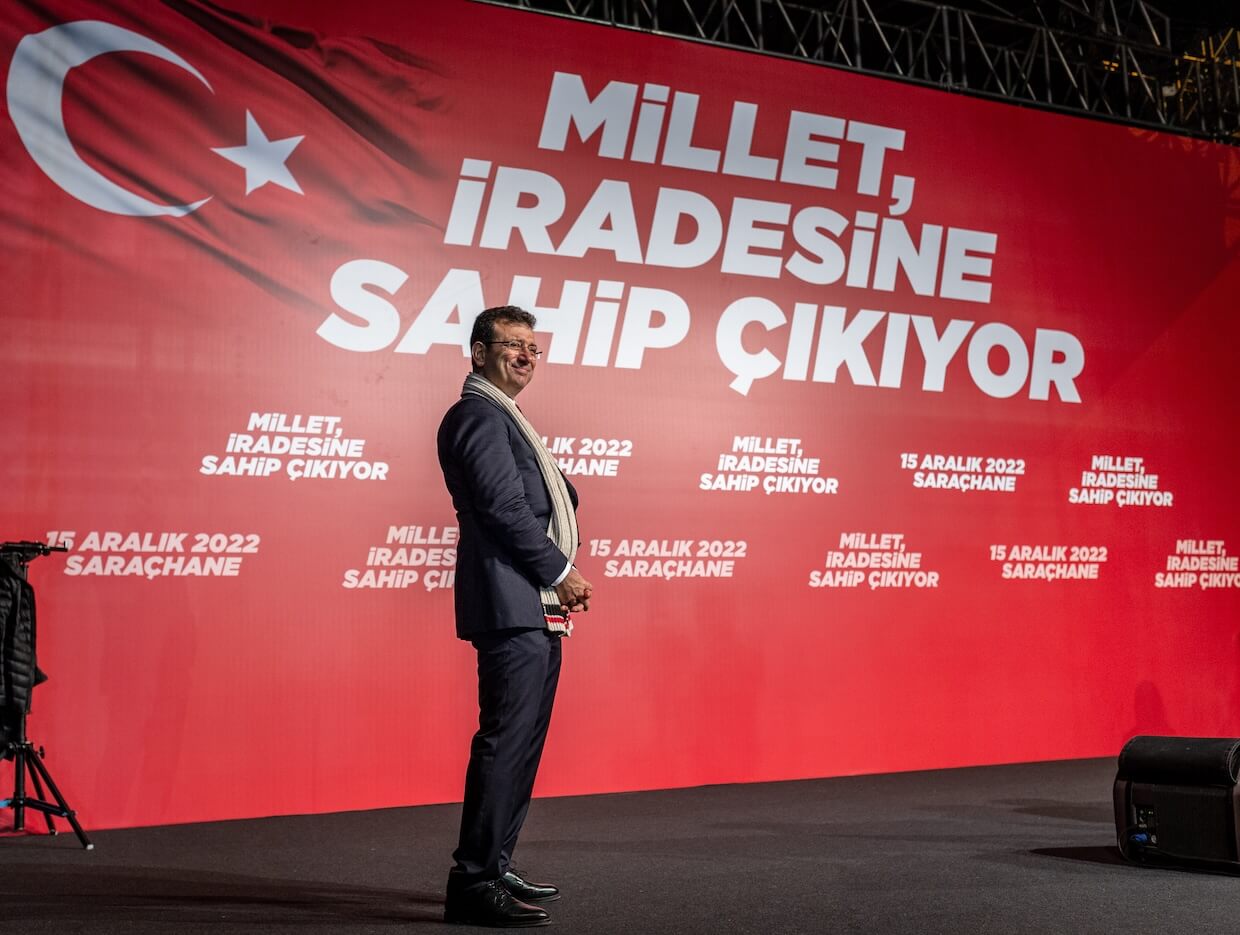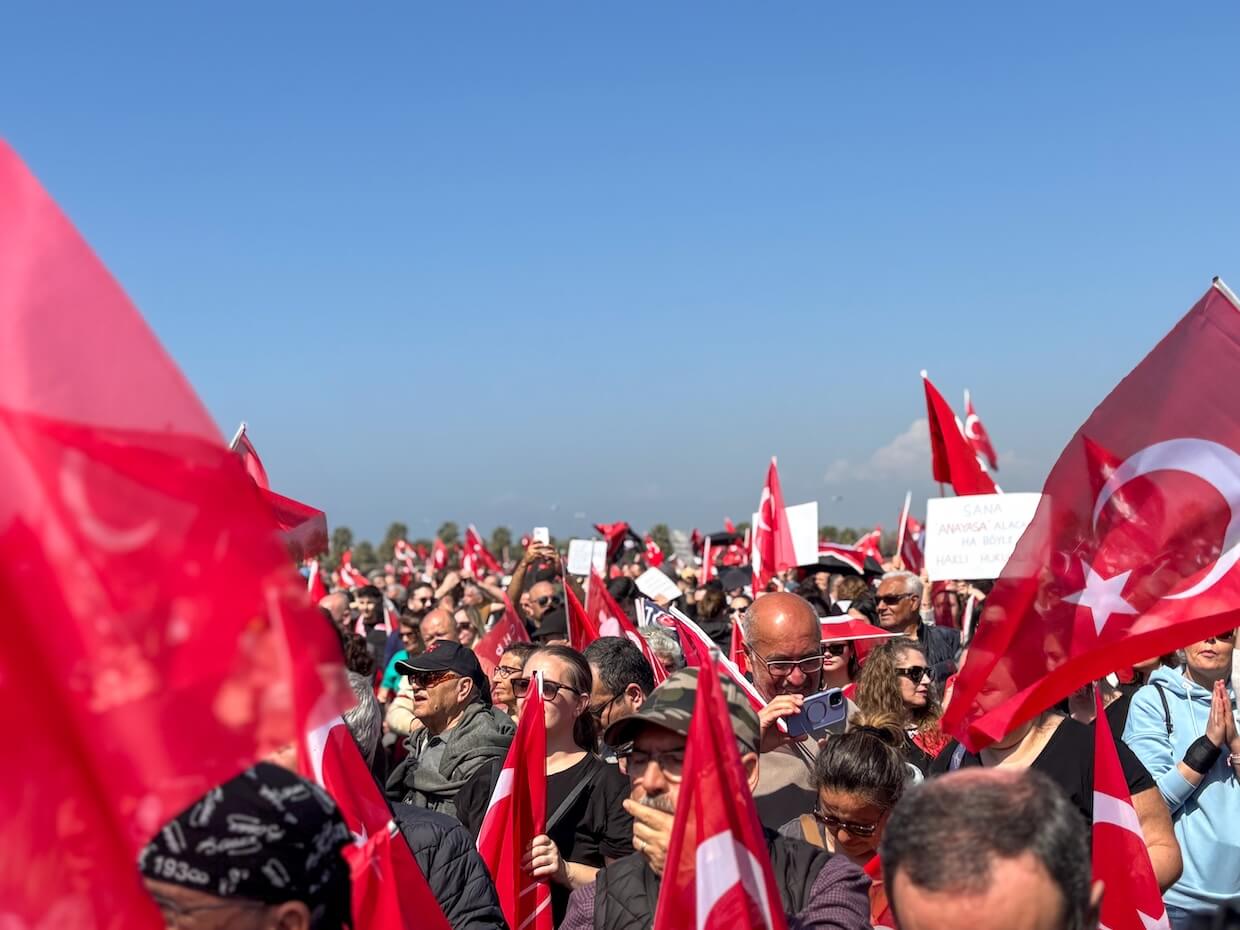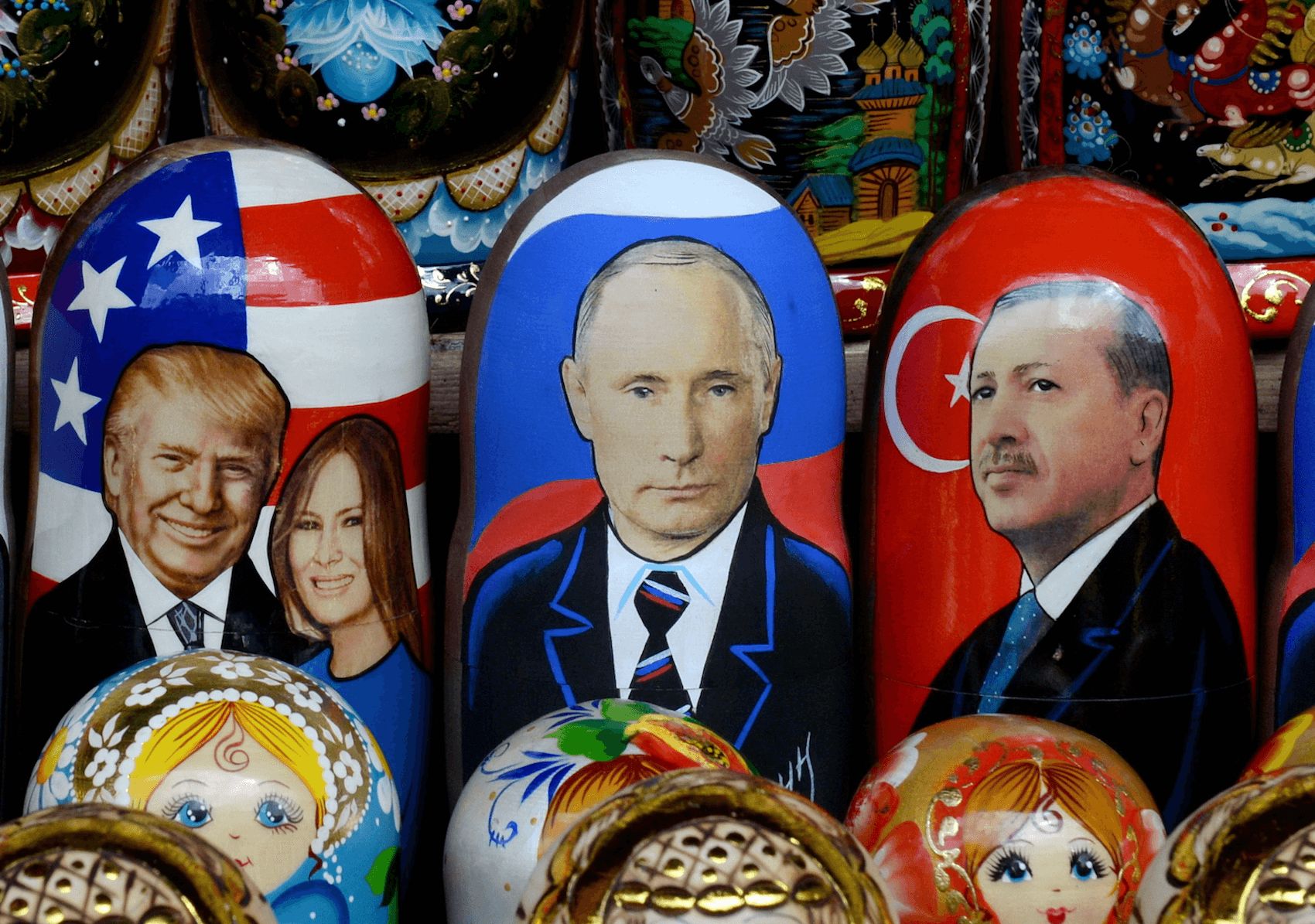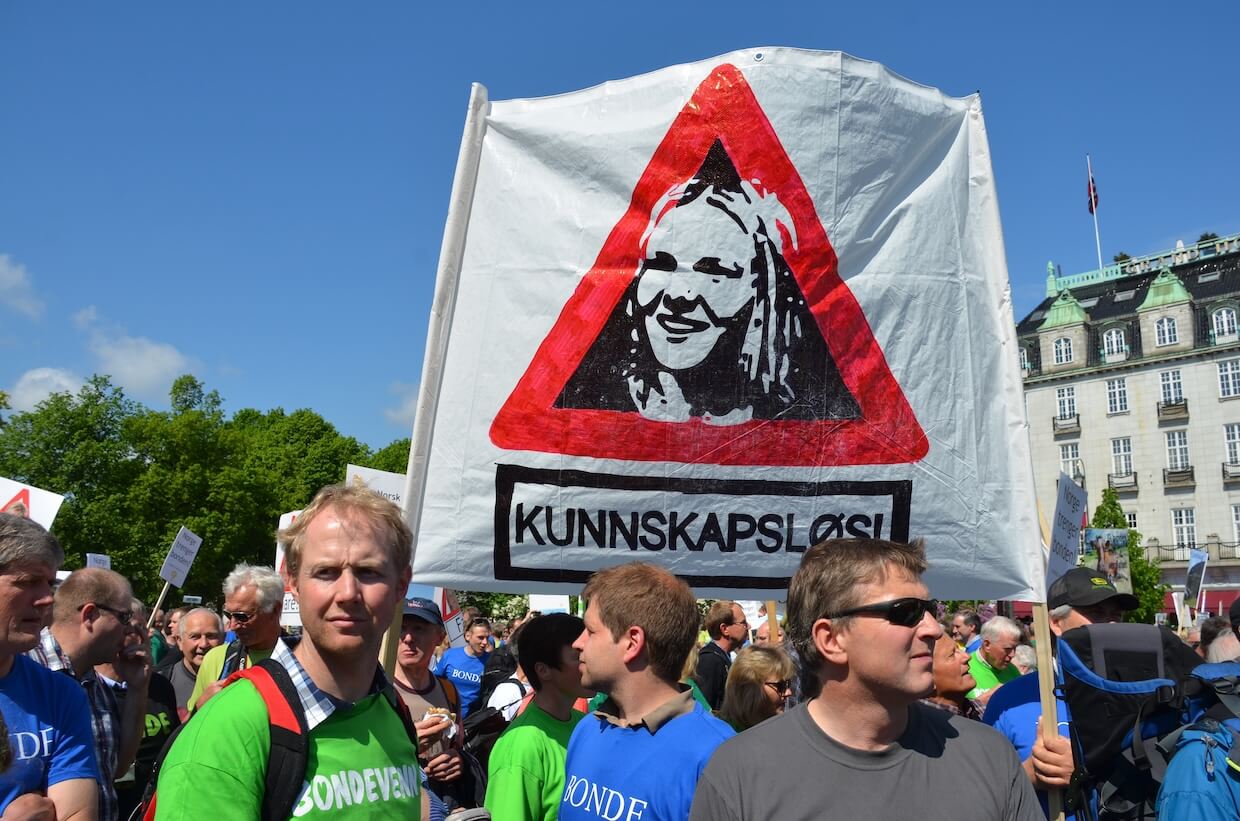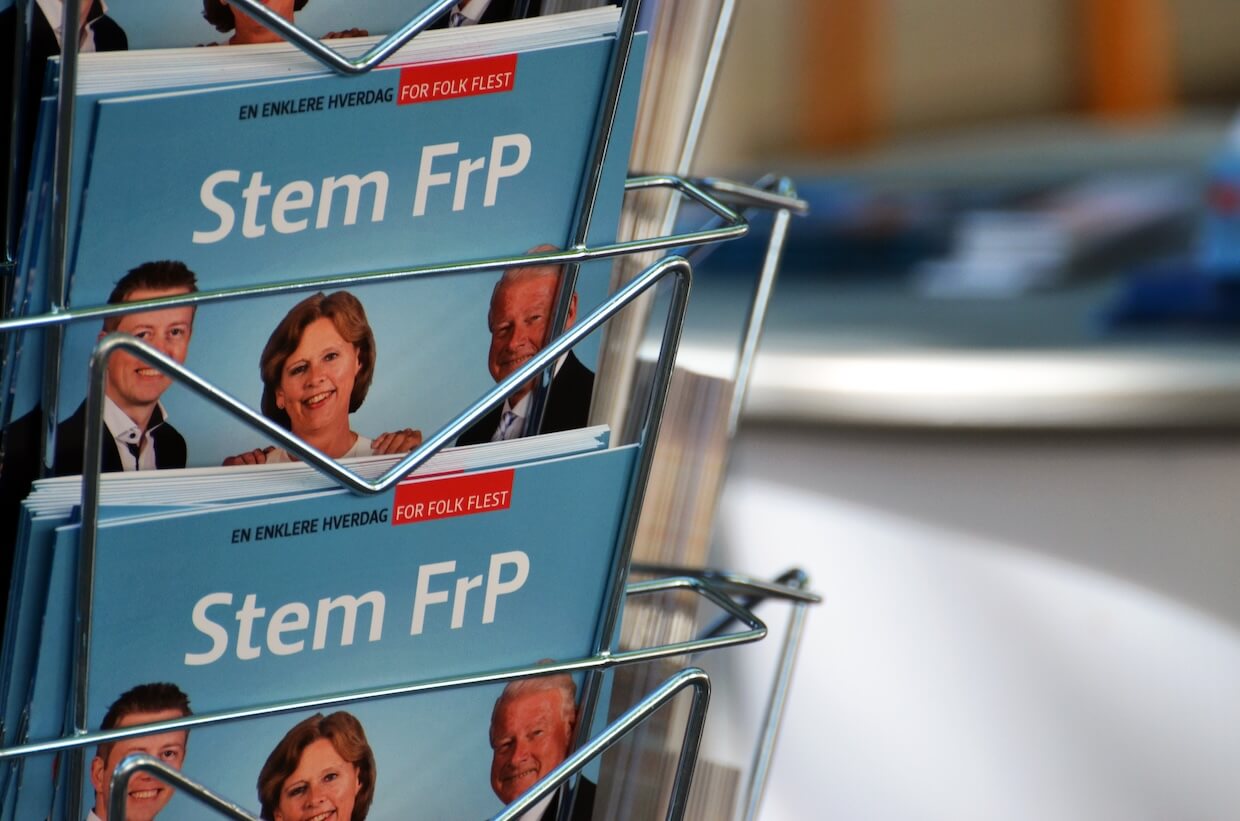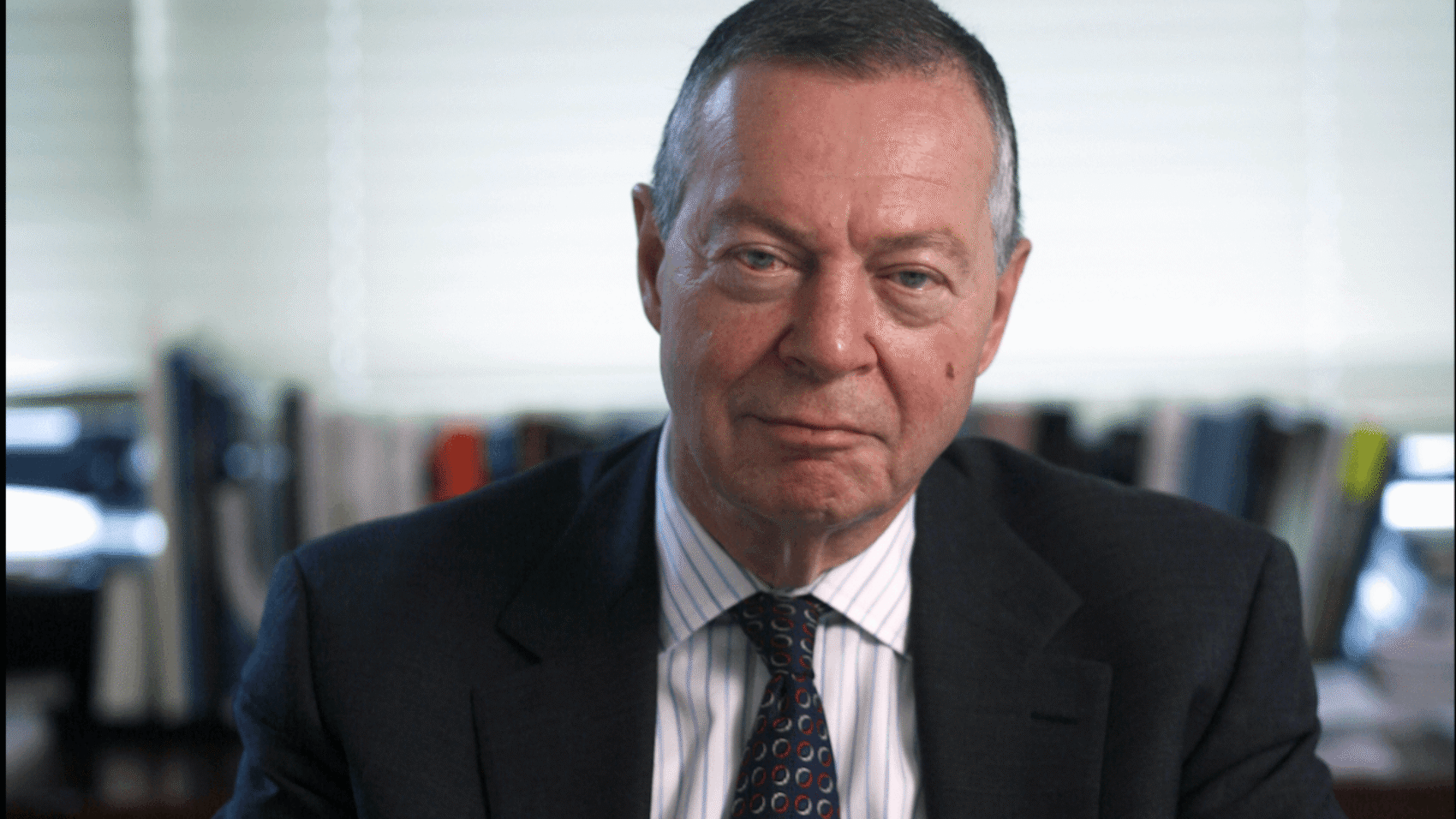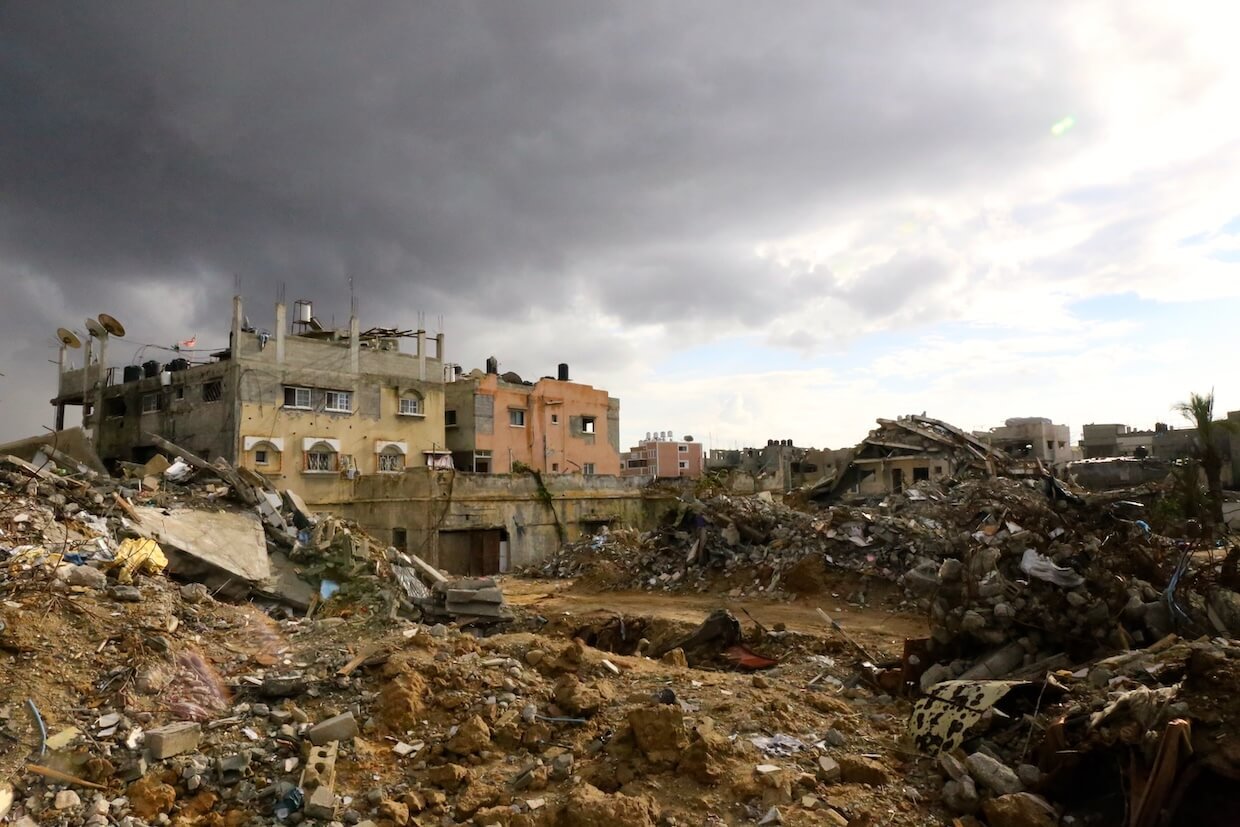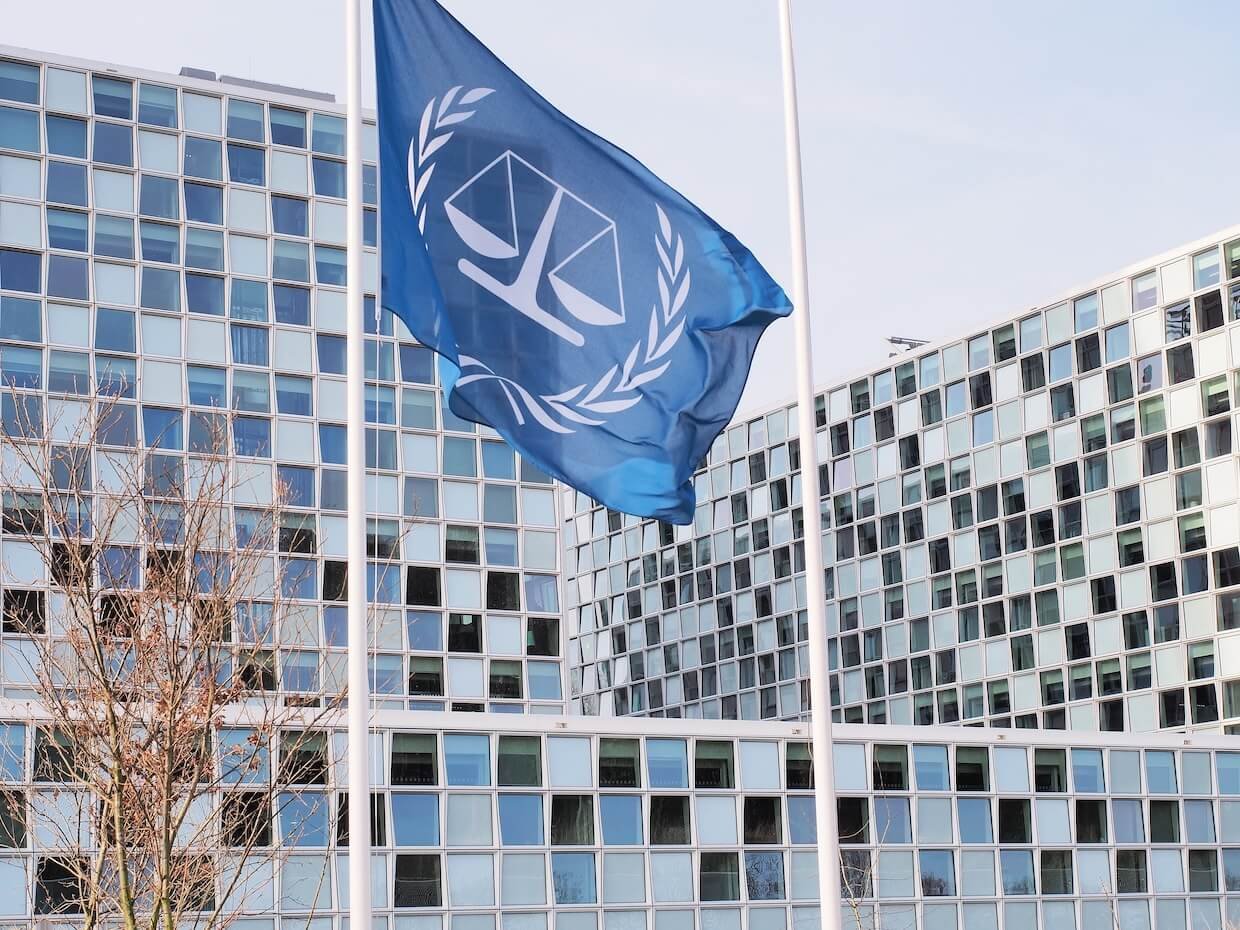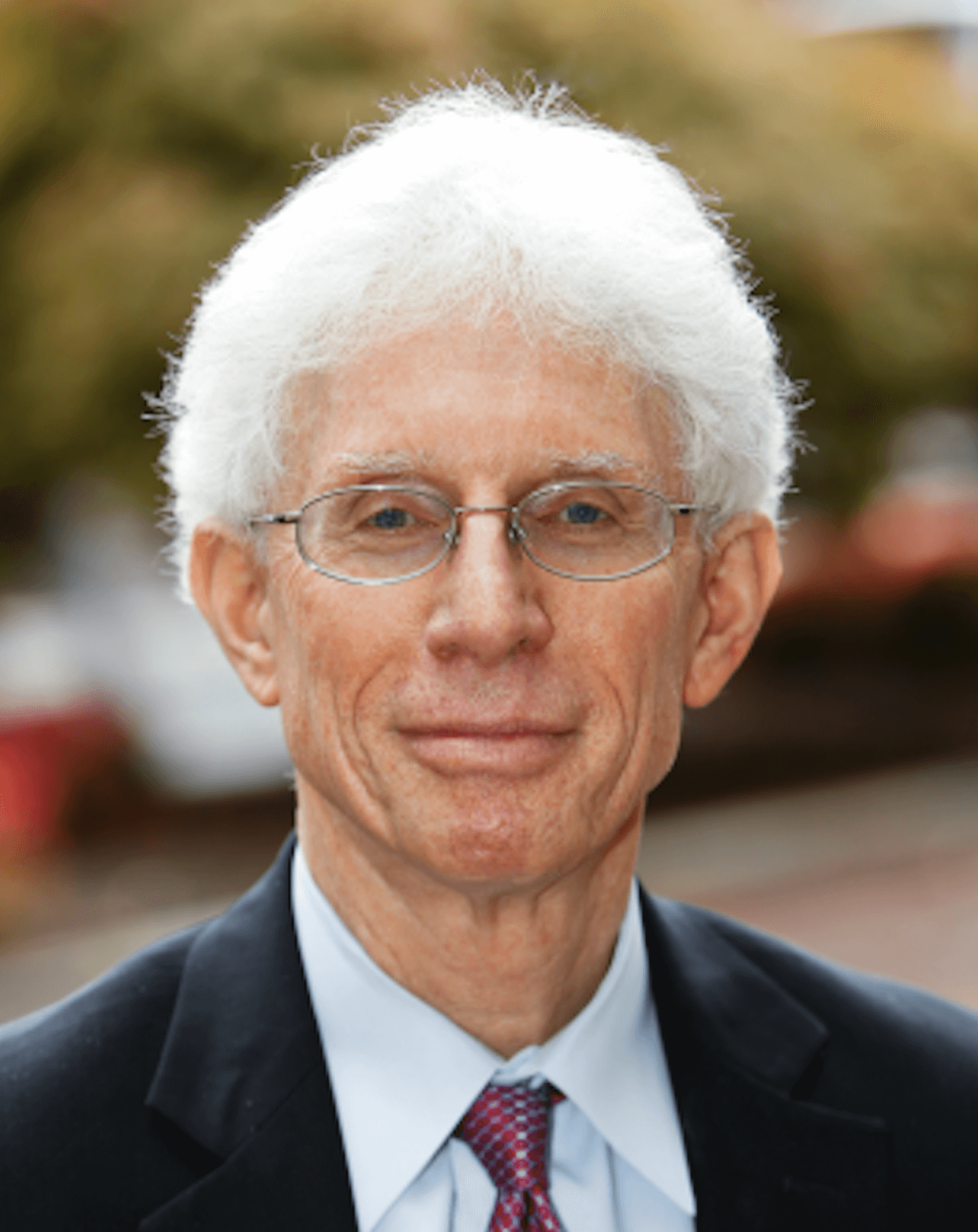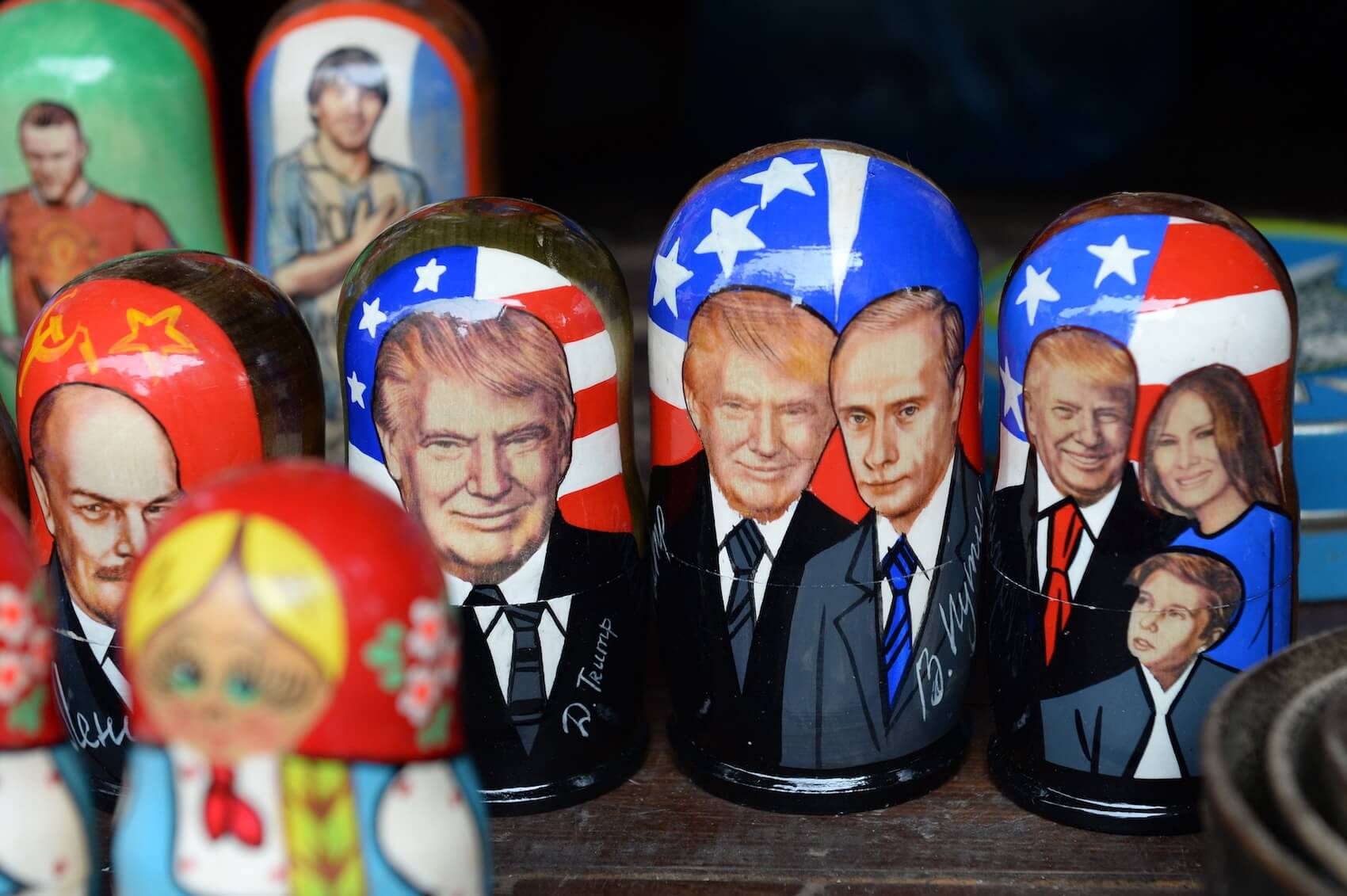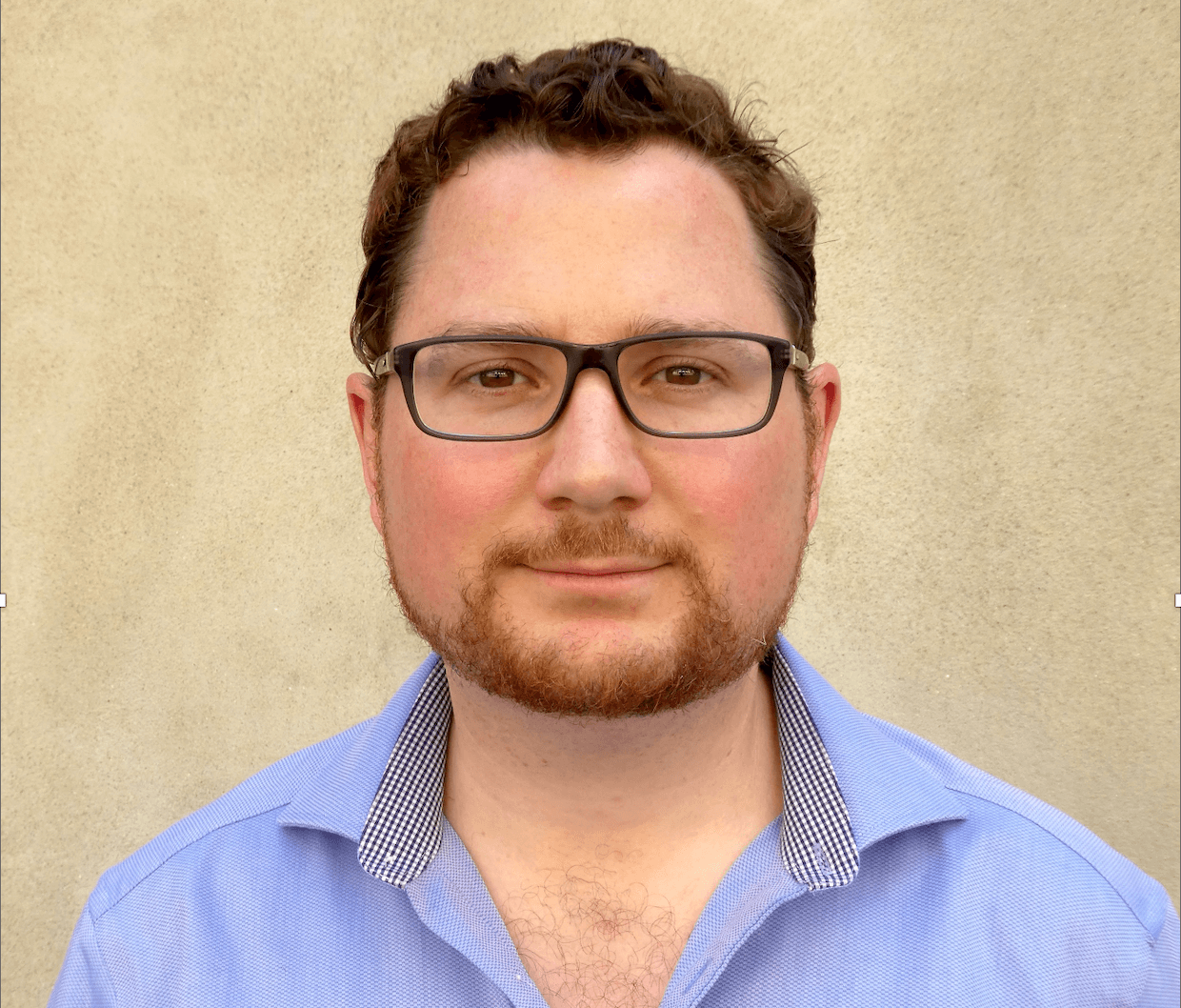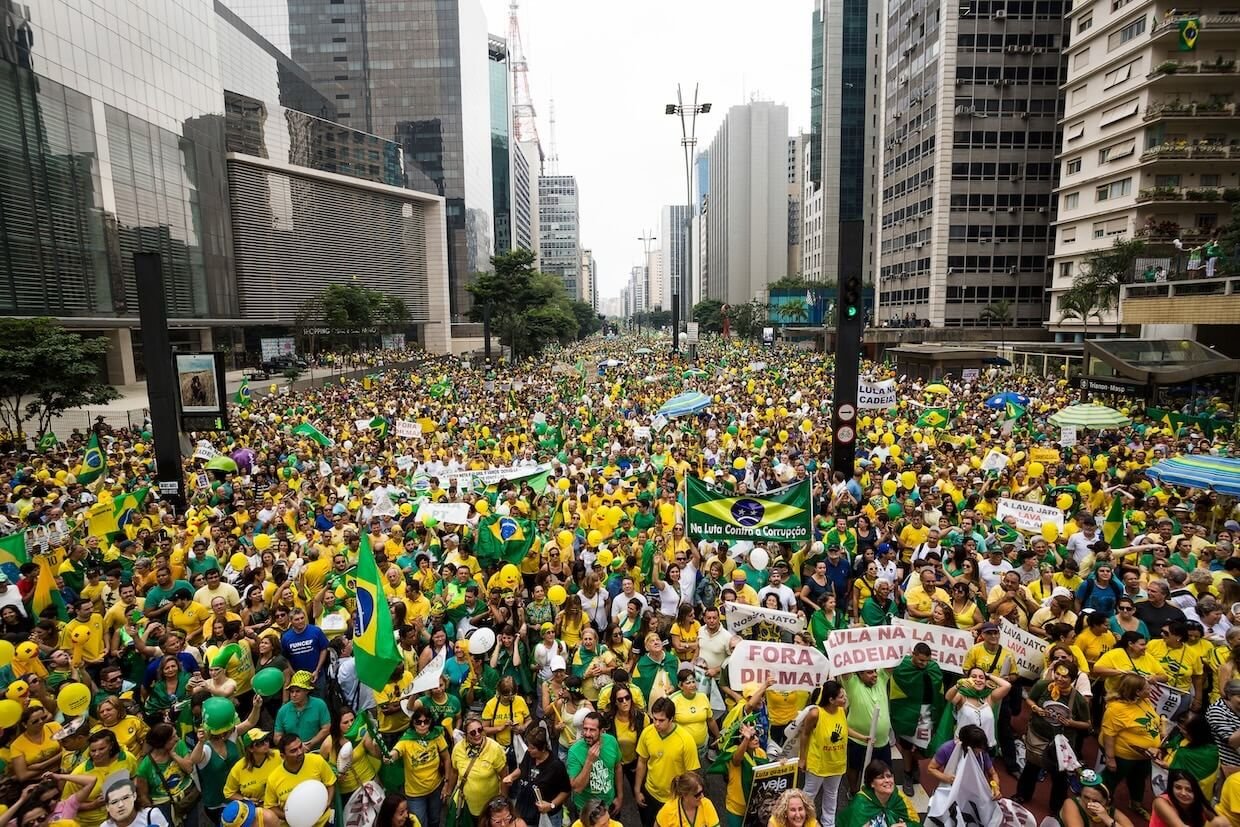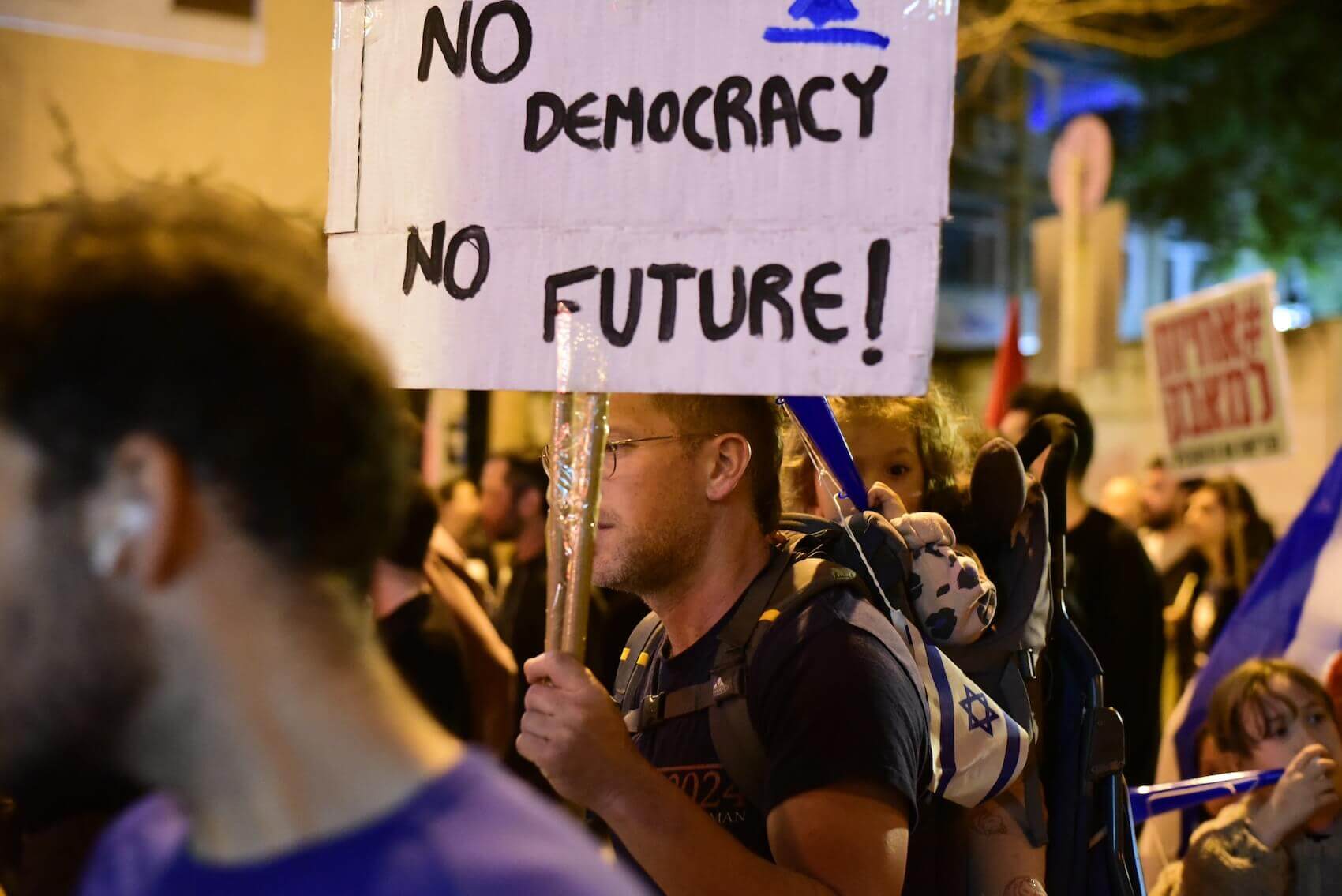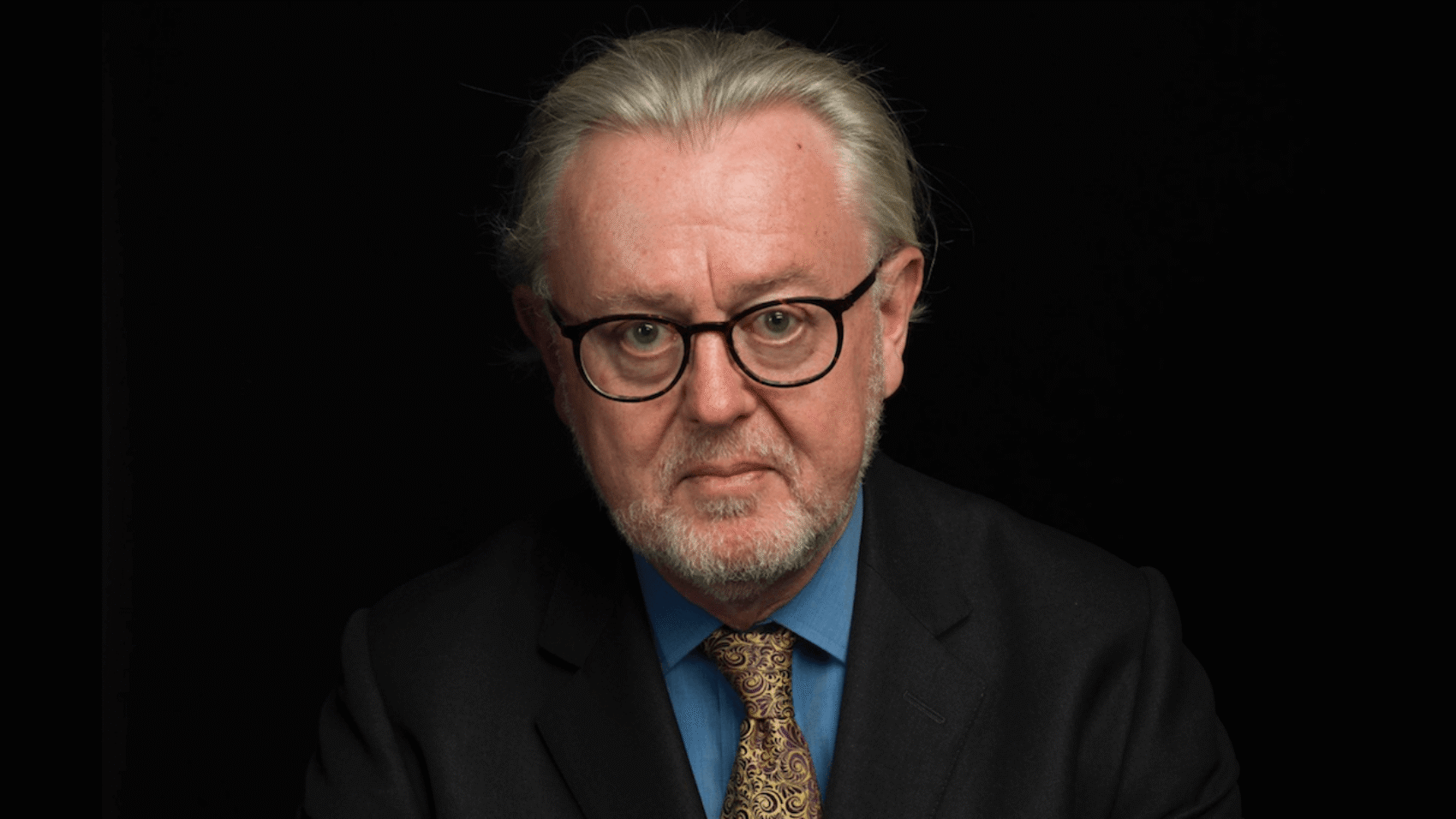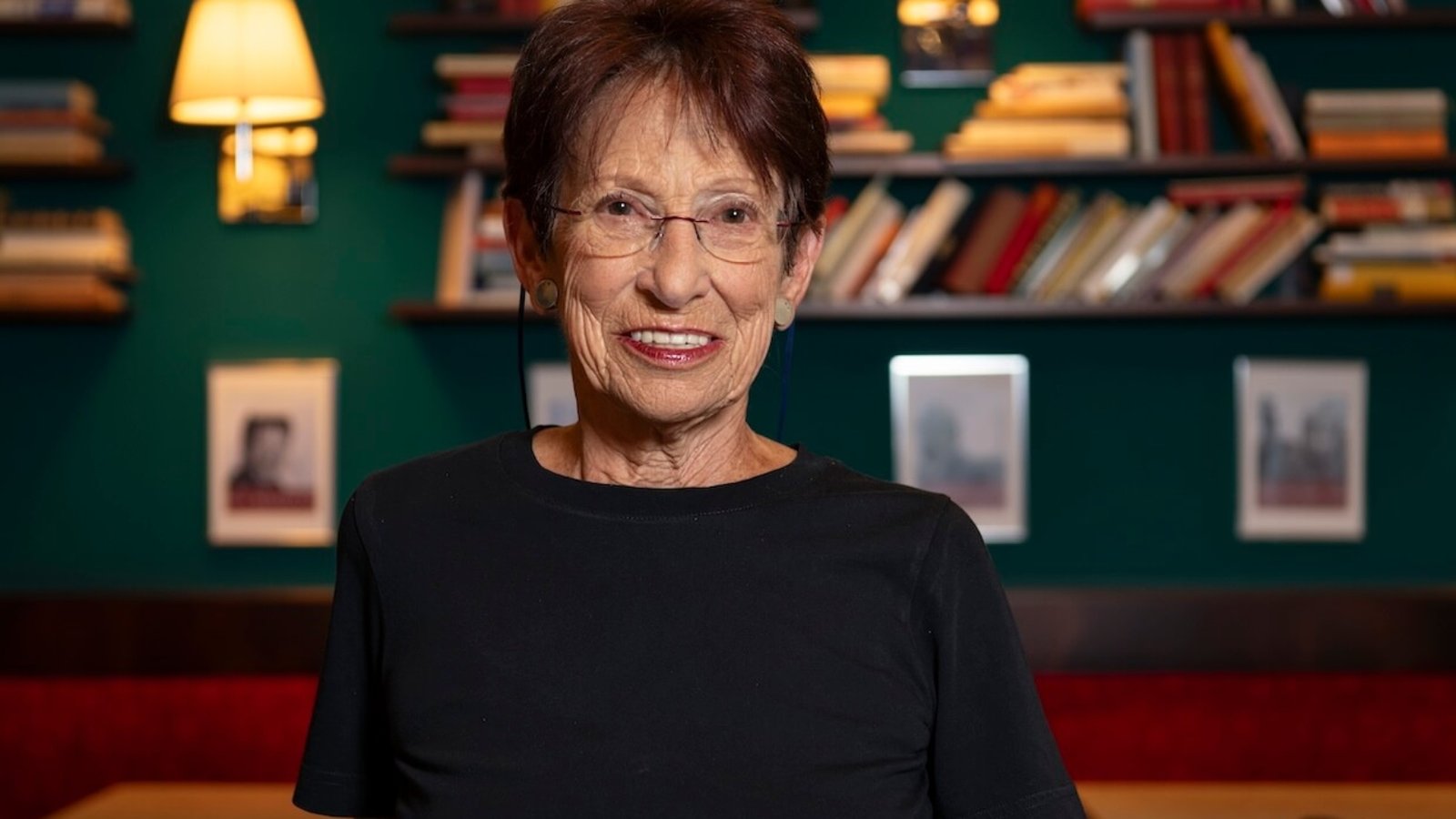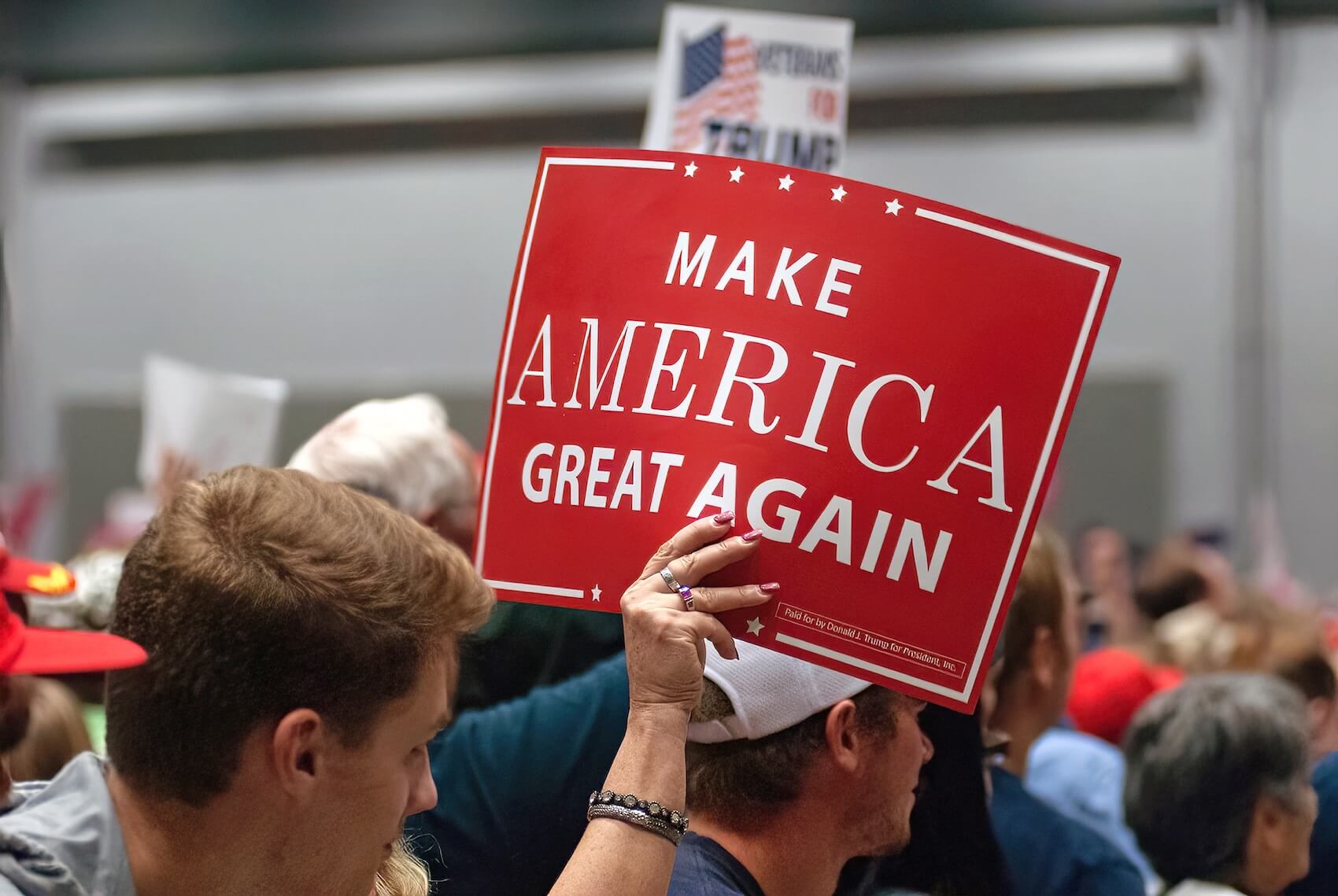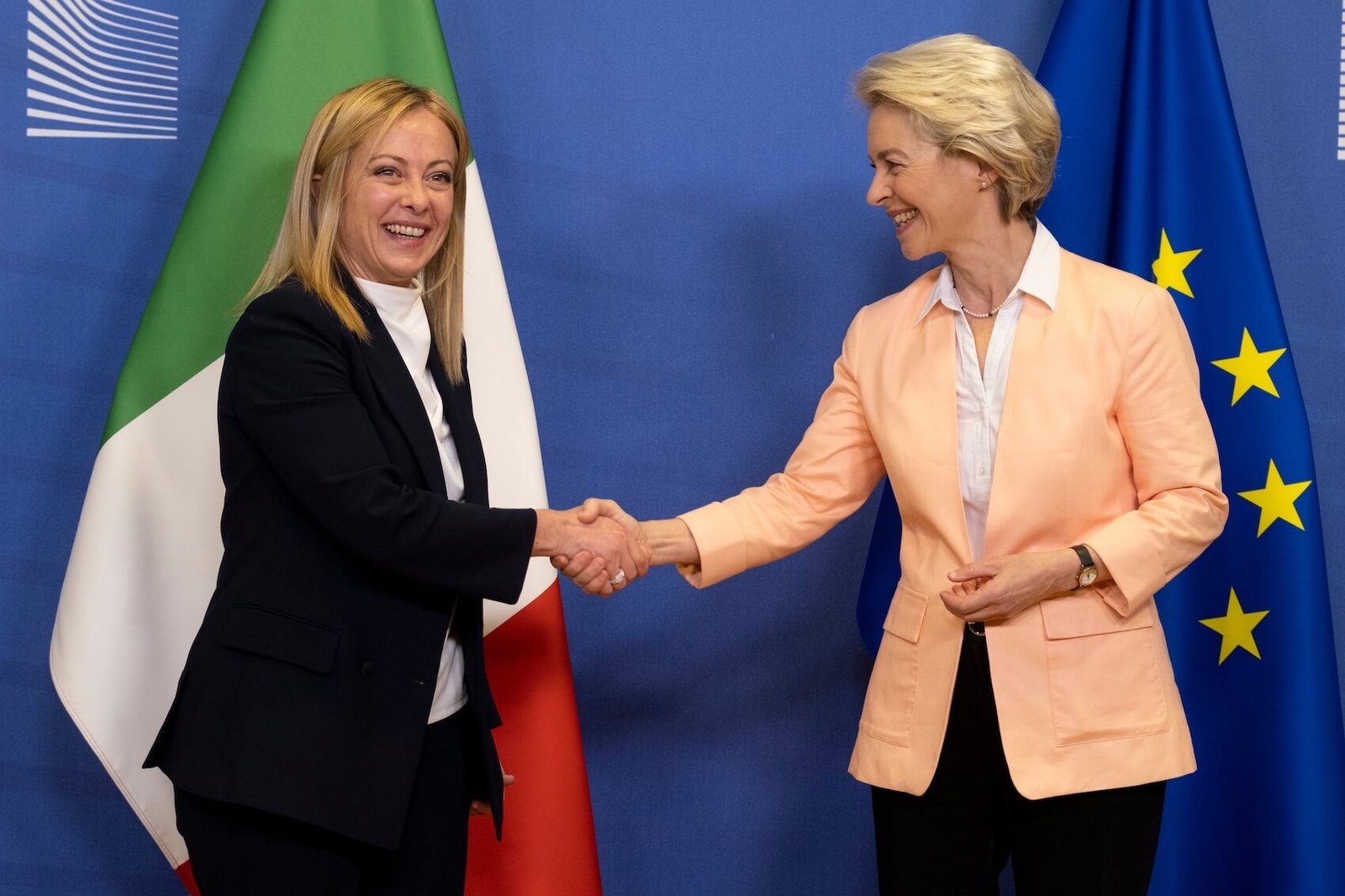A new United Nations commission of inquiry has concluded that Israel has committed genocide in Gaza, citing mass killings, forced displacement, the destruction of essential infrastructure, and even measures to prevent births as evidence of genocidal intent. While Israel has rejected the findings as “distorted and false,” the commission underscored that all states are legally obliged to prevent and punish genocide. Against this backdrop, the ECPS spoke with genocide scholar and peace activist Dr. Mark Levene. In the interview, he warns that genocide is not an aberration but “a dysfunction of the international state system,” arguing that Gaza exemplifies how structural failures and powerful alliances allow atrocities to continue unchecked.
Interview by Selcuk Gultasli
A United Nations commission of inquiry has concluded on Tuesday that Israel has committed genocide against Palestinians in Gaza, finding “reasonable grounds” that four of the five genocidal acts defined in the 1948 Genocide Convention have been carried out since the war began in October 2023. These include mass killings, inflicting serious bodily and mental harm, deliberately creating conditions to destroy the group, and preventing births. The report cites statements by Israeli leaders, such as Prime Minister Benjamin Netanyahu’s vow to bring “mighty vengeance,” as evidence of genocidal intent reinforced by systematic military actions. Israel has categorically rejected the findings, denouncing them as “distorted and false,” but the commission underscored that all states bear a legal duty under international law to prevent and punish genocide.
It is against this backdrop that the European Center for Populism Studies (ECPS) spoke in depth with Dr. Mark Levene, genocide scholar, peace activist, and Emeritus Fellow in History at the University of Southampton. In this wide-ranging conversation, Dr. Levene situates Israel’s ongoing war on Gaza within a broader theoretical and historical framework of genocide studies. His intervention goes beyond the binaries of “self-defense” and “terrorism” to expose the systemic dysfunctions of the international state order that allow such atrocities to persist.
The urgency of Dr. Levene’s analysis is underscored by his activism. On September 6, 2025, he was arrested during a peaceful sit-down protest in London’s Parliament Square. Alongside nearly 900 others, he was detained under the Terrorism Act simply for holding a sign declaring, “I Oppose Genocide, I Support Palestine Action.” This lived commitment frames his reflections on Gaza and lends moral force to his scholarly perspective.
The title of this interview—“A Dysfunctional International System Enables Israel’s Genocide in Gaza”—captures its central thesis. For Dr. Levene, genocide is not an aberration but “a dysfunction of the international state system.” Contrary to the dominant framing of genocide as a violation of an otherwise rules-based order, he argues that “you cannot separate what is happening in one state from its relationships with others.” Modern genocides, whether in Myanmar, Rwanda, or China, must be understood within the interlocking political economy of nation-states. Gaza, in this reading, is not exceptional but symptomatic: a structural outcome in which powerful allies shield perpetrators from accountability.
What emerges in this interview is both a historical and moral diagnosis. Dr. Levene emphasizes the asymmetry of power between Hamas and the Israeli state, notes the persistence of genocide despite multiple international rulings, and insists that the key question is systemic: “Why has this been allowed to continue?” His reflections range from the rationalization of mass violence through developmentalist fantasies—such as the so-called “Trump-Riviera Plan”—to the moral responsibilities of genocide scholars. Speaking as both historian and activist, he affirms that “we do have to speak truth to power,” even when power refuses to listen.
Here is the transcript of our interview with Dr. Mark Levene, lightly edited for clarity and readability.
Genocide Is a Dysfunction of the International State System

Dr. Mark Levene, thank you very much for joining our interview series. Let me start right away with the first question: In “The Changing Face of Mass Murder” (2002), you argue that extreme violence cannot be understood solely through the acts of perpetrators but must be situated within broader political and societal conditions. How might this framework help us interpret Israel’s ongoing campaign in Gaza beyond the binaries of “self-defense” and “terrorism”?
Dr. Mark Levene: That’s a big question! Let me go back a little beyond that particular article, which was written quite a long time ago. I’ve always argued that genocide cannot be understood as something attributable to a single actor. There is always a dynamic at play between what we call perpetrators and victims, and I think that kind of categorization is not always helpful.
In the case of Gaza, we can identify two sets of perpetrators, but the asymmetry between them in terms of power and actions is very stark. Hamas can be seen as a perpetrator, if we use that term, but the Israeli state is also a perpetrator—albeit one with vastly greater lethal capacity. So, the dynamic is profoundly unequal.
In genocide—or at least in the mindset of those who commit it—there is always this dynamic with the other party. In law, this often translates into ordinary people being encompassed within broader categories. What is significant is that when there is a political-military struggle between two sides, entire populations become encompassed within that logic. They are punished simply because they are perceived as part of the “other side” of the conflict. And that is what is happening here.
But the point I want to make is that genocide, in the modern world, occurs essentially within the framework of nation-states—not all nation-states, not all the time, but often enough to form a recurring pattern. I see it as happening within an interconnected, interrelated political economy—in other words, within the international system of nation-states. You cannot separate what is happening in one state from its relationships with others. I cannot think of a single modern case of genocide—whether in Myanmar, Rwanda, or even China—that can be understood entirely in isolation, as if it were only about internal dynamics between a state and a population it deems so troublesome that it considers or actualize the destruction of that whole communal population.
Does that help as a starting point? It’s a tricky issue and difficult for us to fully grasp—not least because genocide is so often understood primarily through the prism of the UN Convention on Genocide, as if it were an aberration. It is framed as something that violates the norms of a rules-based, civilized international system of nation-states, in which genocide is presumed not to occur, and any such event is treated as a transgression. I don’t see it in those terms at all. I see genocide rather as a dysfunction of the international state system. In that sense, we have to view what is happening in Gaza, for instance, by asking: how is it that almost two years on from its beginning in October 2023, the genocide committed by Israel is still continuing? I actually warned on October 11, just four days after it began, that Israel was on the cusp of committing genocide.
And I do want to say something about the other side as well, because Hamas also has a role. As I said earlier about perpetrators and victims, the reality is always more complex. But the question we must ask, nearly two years on, is: why has this been allowed to continue? It’s a fundamental issue, because we’ve had so many statements, analyses, and commitments—culminating in the UN grouping, which just yesterday (September 16, 2025) declared this a case of genocide. The ICJ, ICC, and countless scholars weighed in much earlier, affirming the same. Yet it continues. That sense of helplessness felt by so many around the world, horrified by this abomination, stems from precisely this question: why is it still happening?
I think the answer lies in Israel’s relationships—not only what Israel itself is doing, which I see not as exceptional but symptomatic of the world system we inhabit. What is happening is clearly tied to Israel’s relationship with an extremely powerful actor on the international stage, namely the United States, but also with countries such as my own, the United Kingdom, where the response has been, to put it mildly, ambivalent. Why has the UK not been more proactive? On the one hand, the legal framework is very clear: this is genocide, and it has been clear from very early on. Yet on the other hand, we face the evident failures of the political system. This, I believe, reflects the deeper dysfunction of the global order itself.
States That Oppose Genocide Routinely Assist Those Who Commit It

Your essay “Why Is the Twentieth Century the Century of Genocide?” (2000) links genocide to the structural dynamics of the modern international system. Do you see the current assault on Gaza as symptomatic of a systemic dysfunction within the nation-state order, especially when powerful states shield Israel from accountability?
Dr. Mark Levene: The simple answer is yes—I’ve just explained why. Yes, clearly that is the case. But, again, I should say that I have not spent the last two years, or indeed the last 30 or 40 years, just looking at Israel’s relationship with Palestine or Gaza. What is happening here reflects the way that states that commit acts of genocide are often shielded by other states.
I wouldn’t say it’s normal, but the ambivalence of other states in relation to those committing such acts is rather standard. There is almost a routine process whereby a state might commit genocide, while the rhetoric of other states suggests opposition, yet their actions and policies—through omission or commission—may actively assist that state in what it is doing. And one can think of, indeed I could enumerate, examples in the recent past where this has been the case.
So, in a way, I have a very gloomy prognosis here: I don’t think what is happening in the case of Israel, and what it is doing as a state in relation to Gaza, is somehow entirely exceptional. It is actually indicative of something broader—a deeper malaise, a wider dysfunction that exists within the international system of nation-states. These are the same states that, on the one hand, created the Genocide Convention, which in effect says, “thou shalt not do this.” That is how I see it, in almost religious terms—an extension of “thou shalt not do this.” But in practice, the system still allows it to happen.
Gaza Is Accelerated Genocide; the West Bank Is Creeping Genocide
In your study of the Chittagong Hill Tracts (1999), you coined the term “creeping genocide” to describe gradual elimination under a developmentalist state agenda. Could Israel’s long-term blockade, de-development of Gaza, and deliberate destruction of infrastructure be understood as a comparable case of creeping genocide?
Dr. Mark Levene: Well, yes and no. I’d say something rather different here. I think what is going on in relation to the entirety of Palestine, i.e. what we would now include as the West Bank, is creeping genocide, though it is accelerating. What I think is happening in Gaza is at the extreme end of accelerated genocide. I don’t think this is creeping, actually, even though it has taken two years to get Israel thus far. And I would emphasize this developmental—you mentioned development. The developmentalist aspect is something we should focus on a little bit. And the way I would approach it is by returning to what is, in my view, highly indicative of what is actually taking place here—and what, to ordinary eyes, might seem completely off the map—namely, the Trump-Riviera Plan. But this is going to be determined, this area is going to be turned into a sort of Riviera of the Middle East. That, to me, is not, in terms of how genocidal actors think things through, off the map. We ought to take it extremely seriously. Because genocide is always, in some ways, linked to the latent ideas, even in the back of one’s head, of states that are trying to envisage transcending the conditions under which they normally exist into something else, into something where they can truly develop themselves as they would like to in their heads.
Does this make sense? What I’m trying to say here is that states in the modern world, the international system of nation-states—are developmentalist. They have to develop in order to survive within an international system which is, by definition, social Darwinian. It’s a sort of, almost a competitive race to the top, or race to the bottom. Normally, states cannot realize what is unrealizable. If we take the case of Israel, the thinking would be we would really love to have a state which was streamlined, which didn’t have any Palestinians in it, which we could turn into a corporate security entity, as we have it in our heads, which is going to be the Mecca of the Middle East, if I can be a little bit ironic. Before October 2023, Israel was maneuvering around that idea, but no concrete projection of a developmentalist arrangement granting them the totality of Palestine to use as they wished yet existed.
The crisis of October 7th—and it really was that—I mean, I’m sure you’ve spoken to Omar Bartov about the trauma Israel suffered on that day—it’s what I would call the perpetrator’s never-again syndrome. Namely, we have a situation where, in the past, the victim group has attacked us, posing a mortal threat to our existence. This came to pass in a very real way on October 7th with what Hamas did. One could argue that what Hamas was attempting was itself genocidal; it simply lacked the means and capacity to carry it through. This became a green light for the Israeli state to bring out its tucked-away, last-resort plans—to tear up what had been in place up to that point and strike out toward something completely different and new. In other words, even if what Israel was doing up to 2023 was grotesque and hideous in relation to the West Bank and Gaza, after that moment there was a genuine rupture. From then on, Israel was attempting to realize what had previously been unrealizable: sweeping away the population of Gaza and creating something entirely new.
Now, this is hideous, but it is part of the mindset of genocide. It’s a sort of drive toward transcendence. That Riviera plan sits at the extreme end of that developmentalist thinking. You might call it fantasy, but it is fantasy being put into practice. The way the Israeli defense forces are bulldozing Gaza into non-existence—turning it into rubble—is a precondition for that transformation. What is actually happening on the ground is the pulverization of a people, of an entire population, rendering them so destitute and degraded that they can be removed.
Now, again, I can make comparisons. I wouldn’t say this is a unique action of Israel. Israel’s ethnic cleansing of Gaza should be seen within a much broader framework of politically mandated ethnic cleansings in the modern era. But that doesn’t excuse it in any sense, because all those ethnic cleansings—though not listed as elements of genocide in the Genocide Convention—are, in practice, genocidal. I have no doubt of that, even if it puts me at variance with the Convention.
What is happening in the West Bank, however, is creeping genocide. You could put it like this: Gaza is stage one; the rest—the Bezalel Smotrich plan for the West Bank, which also entails total ethnic cleansing and is unfolding piece by piece, olive grove by olive grove, village by village—is creeping genocide, but under the aegis of the international state system. And the fact that Israel has a powerful ally supporting it, doing nothing to stop this—namely, the United States—means this creeping genocide is accelerating very rapidly. These facts on the ground are intended to sabotage any aspiration of those states and people who advocate a two-state solution. This is precisely what Smotrich and those within the Israeli government are attempting to achieve. That’s the way I see it. It may sound horribly cynical, but then genocide is, by definition, cynical.
Framing Gaza as a ‘Problem Population’: The Logic of Genocide
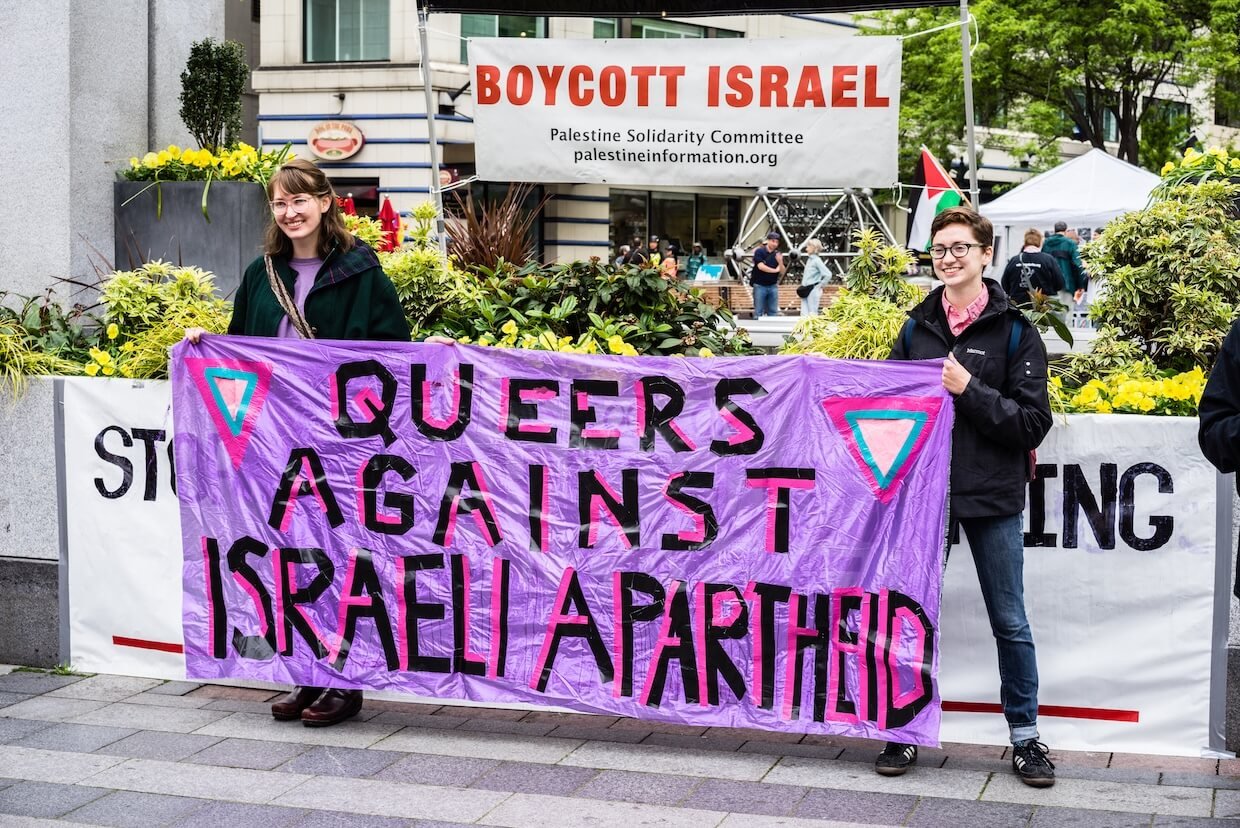
You argue that genocide is often undertaken by states perceiving a “problem population” as a threat to their developmental or geopolitical survival. How does this resonate with Israel’s depiction of Gaza’s entire civilian population as complicit with terror organization Hamas?
Dr. Mark Levene: That’s a rather tricky question, isn’t it? I’m not sure that I am entirely—again, if we take other historical examples, one closer to home: the Armenian Genocide of 1915 in Turkey. There were groups who were defined as terrorists by the Ottoman state in 1915, and there is still a problem area I have written about: the degree to which insurrectionary groups, or groups challenging the integrity of the Ottoman state in wartime, were clearly—some of them at least—debating or actually practising terrorism against the state. That’s my position. There were other insurrectionary groups in Europe at that time; it was not only Armenian groups.
The difference here is that the Ottoman response—more specifically, the Committee of Union and Progress (CUP) response—was enacted by a regime that did not represent the Ottoman population as a whole. The Israeli government does not necessarily represent the Jewish population in Israel as a whole. But that CUP regime chose to encompass the entire Armenian population as insurrectionary—despite many complex cross-currents—and pursued a programme of their deportation or elimination. The stated aim was ethnic cleansing—to remove them to the desert regions to the south of the empire—but the result was genocidal.
Now, in the Palestinian population in Gaza, which I’ve never been to, so I can only speak second- or third hand, I’m sure there are a lot of crosscurrents of political, social, and cultural attitudes and feelings, as there are in all societies. Those would include people who were supporters of Hamas, and who—part of the thinking—would like to wipe Israel off the map. Does this, therefore, justify an attack on the whole population of that region: a population that is not just a “problem population,” but one that is co-responsible for what Hamas did? You can hear what I’m saying: I cannot justify what Hamas did. I think it was not only morally wrong but strategically an error. But can one justify treating the whole population as collectively responsible—and therefore punishable—which in effect legitimizes what Israel is now attempting, namely ethnic cleansing that, given there is nowhere else to go, results in creeping elimination day by day, hour by hour?
So again, this is what I’m saying: I hate what I’m saying, but I think there is a general genocidal thinking that goes on here. We almost have to get into the mindset of a perpetrator, and one can read it in, actually, all the various utterances of government ministers, but also social commentators and so on, who have been speaking in the last two years of wiping this “problem population” off the map, of making it disappear somewhere else. This is the mindset of genocide, unfortunately.
Holocaust Memorialization Risks Collapse in the Face of Gaza
In “The Holocaust Paradigm as Paradoxical Imperative” (2022), you warn against a sacralized, exceptionalist reading of the Holocaust that blocks solidarities with other victims of mass violence. How might this paradigm be shaping Western reluctance to acknowledge Gaza as genocidal?
Dr. Mark Levene: So again, it’s a very big question. The brief answer might be this: what I call the Holocaust paradigm refers to the way what happened to the Jewish populations of Europe under the Nazi aegis—not just under Nazi occupation, but, and this is a historical point I would want to develop more fully elsewhere, involving the co-responsibility not only of the Nazis but also of other European states in the destruction of the Jews. That is a major theme of mine.
Looking back retrospectively, the key moment was the 1990s, and I think that timing is significant because it came at the end of the Cold War. From then onward, the West, primarily, elevated this destruction of the Jews, of a key component of the European population, into something sacralized—turned into a kind of sacred act. It was not only made exceptional but also set up as the benchmark by which we ought to understand genocide.
Part of the reason lies in why this memorialization took shape. On one hand, it was tied to notions of tolerance and possibly of a multicultural society, which Europe by that time seemed more willing to embrace. The Holocaust became a peg upon which that notion could be hung. On the other hand, my argument is that this came after the collapse of the West’s number one enemy, the Soviet Union. With the Soviet Union gone, the West needed a figure of antithesis, and the Nazis filled that role—as the most awful, insidious, diabolical example imaginable.
At the same time, in the 1990s, genocides were occurring within Europe—most notably in Bosnia-Herzegovina after the collapse of the Soviet system in the East—which showed how close such horrors could be. And so there emerged an almost edifice of Holocaust memorialization that became very significant. It became, as you say, sacralized. One could not touch it. If you wanted to talk about other genocides, you had to do so by asking whether they fit within the frame of this sacralized genocide.
This shaped interesting directions of travel: one could point to Rwanda and say, yes, here is another genocide we should also recognize and memorialize. But Armenia in 1915, for instance, was always politically fraught, for reasons tied to structural relationships between states, and so it never fully entered the pantheon of what was considered “in” or “out.”
So, to return to your question, the simple answer is yes: Holocaust memorialization became central to a self-referential notion of the West as the “good guys.” The Holocaust carried a significant emotional weight within that way of thinking.
I think what’s striking about the present—and I say this as someone who is Jewish—is that I do not wish Holocaust memorialization ill; on the contrary, I wish it well. It offered us an opportunity, potentially, to recognize that the world has witnessed many genocides. But I believe it is now in danger of being smashed to smithereens by what is happening in Gaza.
There is another aspect here. We are very focused on Gaza, yet Holocaust memorialization in this country—in Britain, for example—still issues statements as if Gaza were not happening. It continues to speak only about what befell the Jews in the 1940s, which of course it should do, but it seems unable to draw any reference to what is unfolding today. That inability is deeply troubling. It creates an obstacle to connecting past genocide to contemporary atrocities.
What is revealing about Holocaust memorialization is that it deals with something fixed in the past. You can point to it and say: this was terrible. But what is terrible now is not being addressed. From a Jewish communal perspective, and from the broader framework of Holocaust memorialization, this represents another catastrophe—a consequence of the many consequences flowing from the genocide in Gaza.
We Have to Speak Truth to Power

Finally, across your scholarship you stress the moral responsibility of genocide scholars not only to analyze but also to warn. In the face of Gaza, what role should genocide scholars play: cautious analysts, public intellectuals, or active witnesses?
Dr. Mark Levene: Again, that’s a very big question, because it involves a whole spectrum of human beings who are “genocide scholars.” And I can’t speak for them. Some see themselves as public intellectuals, while others see our role as being able to have an impact on situations like this through our analysis and what we say. I’d also note, of course, that within the genocide and Holocaust arenas of scholarship there is a lot of unease and fractiousness now about how we view what is happening in Gaza. Not everybody is on the same page, and I think one should acknowledge that there is a multiplicity of viewpoints.
I can only speak for myself here. My background is not only as a genocide scholar but also as a peace activist. I spent my formative years, my late 20s and early 30s, as a peace activist in a Europe which, as we saw it, was on the verge of nuclear annihilation. So, my own position, for what it’s worth, is about speaking truth to power. And the sadness of that, from a personal point of view, is that power is not very interested in listening.
In the end, one has to resort to action, as I did last week. I felt impelled to join Palestine Action, a group in Britain challenging the relationship of the British government to the genocide in Gaza—through what it allows to happen on its soil, or through its engagement in selling components for F-35 planes that have been used to bomb Gaza. Palestine Action has been challenging, non-violently, the British state’s role in this process, as well as companies on British soil, including one just down the road from where I live in the Welsh borders: Elbit Systems, a major Israeli defense manufacturer with an embedded role in the British defense industry.
I felt impelled to support Palestine Action, even though it has been proscribed as a terrorist organization. Ultimately, I can only do what other human beings can do: put my feet non-violently on the ground—and in this case, be arrested under Section 12 or 13 of the Terrorism Act in Britain—for saying no to genocide. I was arrested simply for sitting in Parliament Square in London with a poster saying, “I oppose genocide, I support Palestine Action.” And for that, I am now, apparently, a supporter of terrorism.
We have reached a point where what should be blindingly obvious—that my government, and all governments, should be doing something to stop this—seems to be beyond their capacity. So, I don’t exaggerate my role as a genocide scholar. Most of the time, we are not listened to in high political or elite circles. So, there is a limit. We have to be aware of those limitations. But we still have to speak truth to power.

